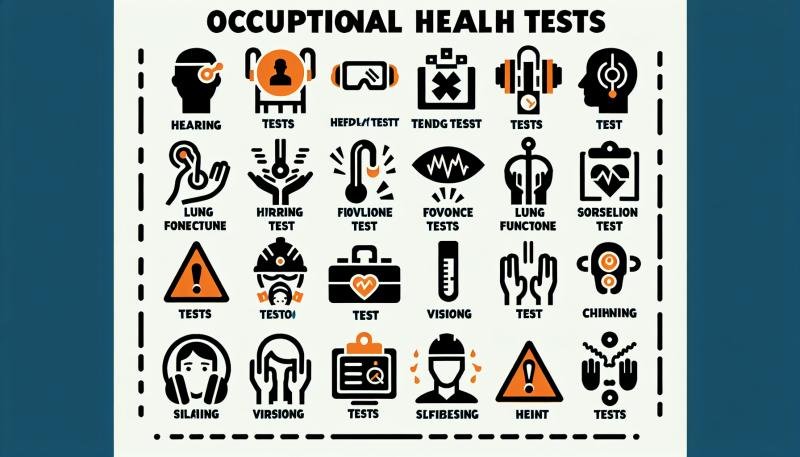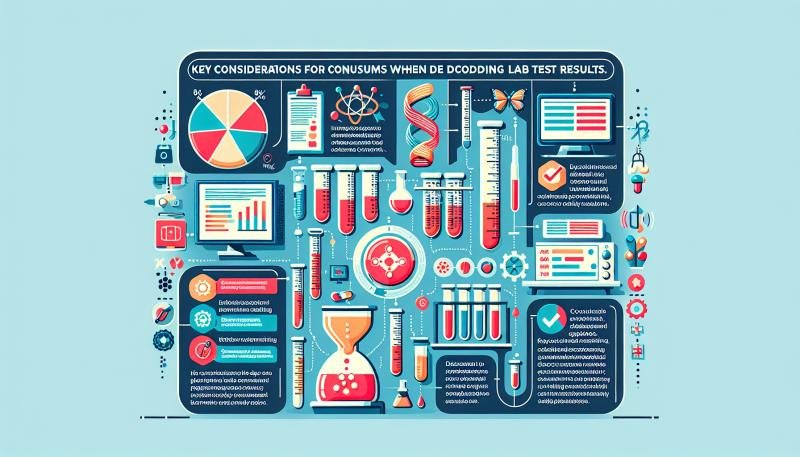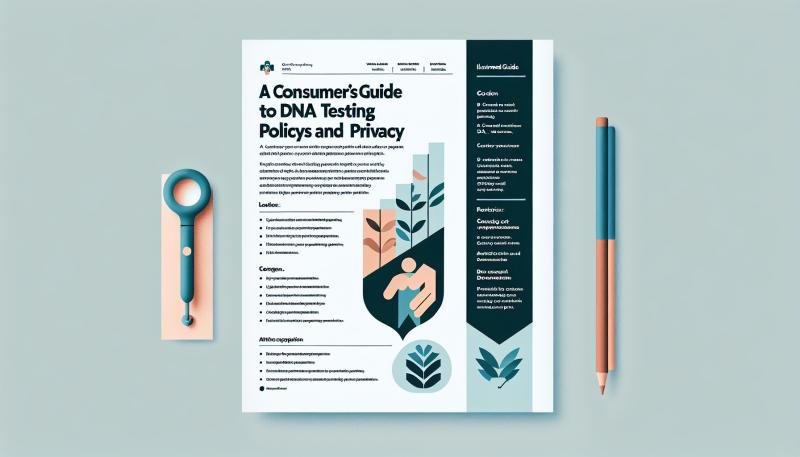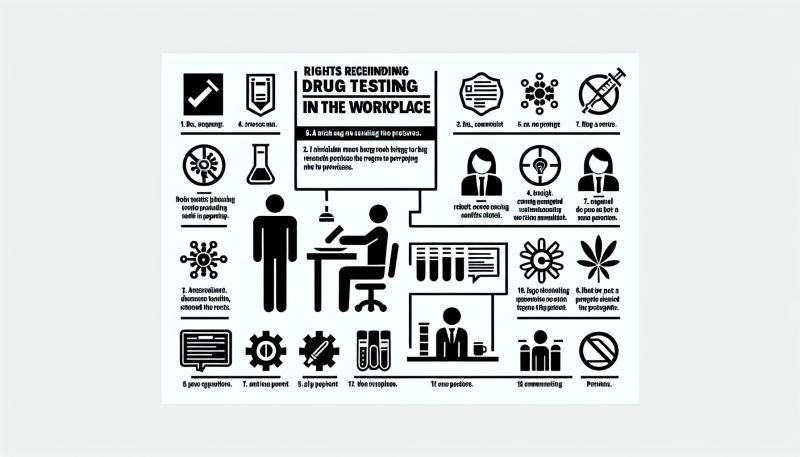Comprehensive Guide to At-Home Drug Testing Kits: Are They Right for You?
In an era where personal health and security have gained top priority, at-home drug testing kits have emerged as a practical solution for both individuals and families. These kits offer a level of privacy and convenience that traditional lab tests cannot match, making them a popular choice for many. This comprehensive guide aims to explore the ins and outs of at-home drug testing kits, providing you with the information needed to determine if they are the right fit for your needs. What Are At-Home Drug Testing Kits? At-home drug testing kits are easily accessible tools that allow individuals to test for the presence of drugs in saliva, urine, or hair. These kits are designed for personal use and offer results quickly, typically within minutes or days, depending on the type of test. They are constructed with user-friendly instructions and are often as accurate as tests conducted in professional laboratories, assuming they are used correctly. Types of At-Home Drug Testing Kits Understanding the various types of drug testing kits available can help you choose the right one based on your needs. Here are the common types: The Advantages of At-Home Drug Testing Kits At-home drug testing kits come with several notable benefits: Limitations of At-Home Drug Testing Kits Despite their advantages, at-home drug testing kits have some limitations: Are At-Home Drug Testing Kits Accurate? The accuracy of at-home drug testing kits largely depends on the quality of the kit and the user’s adherence to instructions. High-quality kits from reputable providers like IMS Screening Solutions are designed to offer dependable results comparable to those obtained from laboratories. However, it is essential to ensure that the kit covers the substances you intend to test for, and confirm the results with a secondary test if necessary. Choosing the Right At-Home Drug Testing Kit Selecting the appropriate drug testing kit is contingent upon several factors: How to Use At-Home Drug Testing Kits For accurate results, it is essential to correctly use the testing kit. Here’s a general step-by-step approach: When to Consider Laboratory Testing While at-home tests are convenient and private, there are circumstances where a laboratory test might be more appropriate: Conclusion At-home drug testing kits serve as an effective and discreet solution for monitoring drug use, offering numerous advantages for privacy-conscious individuals. While they hold several benefits, understanding their limitations is crucial in making informed decisions about personal health and safety. By choosing reputable suppliers like IMS Screening Solutions and adhering to the guidelines provided with each kit, individuals can enjoy a reliable testing experience from the comfort of their homes. Ultimately, whether or not an at-home drug testing kit is right for you depends on your specific needs and circumstances. When used correctly, these tools provide peace of mind and a proactive approach to health and safety.






